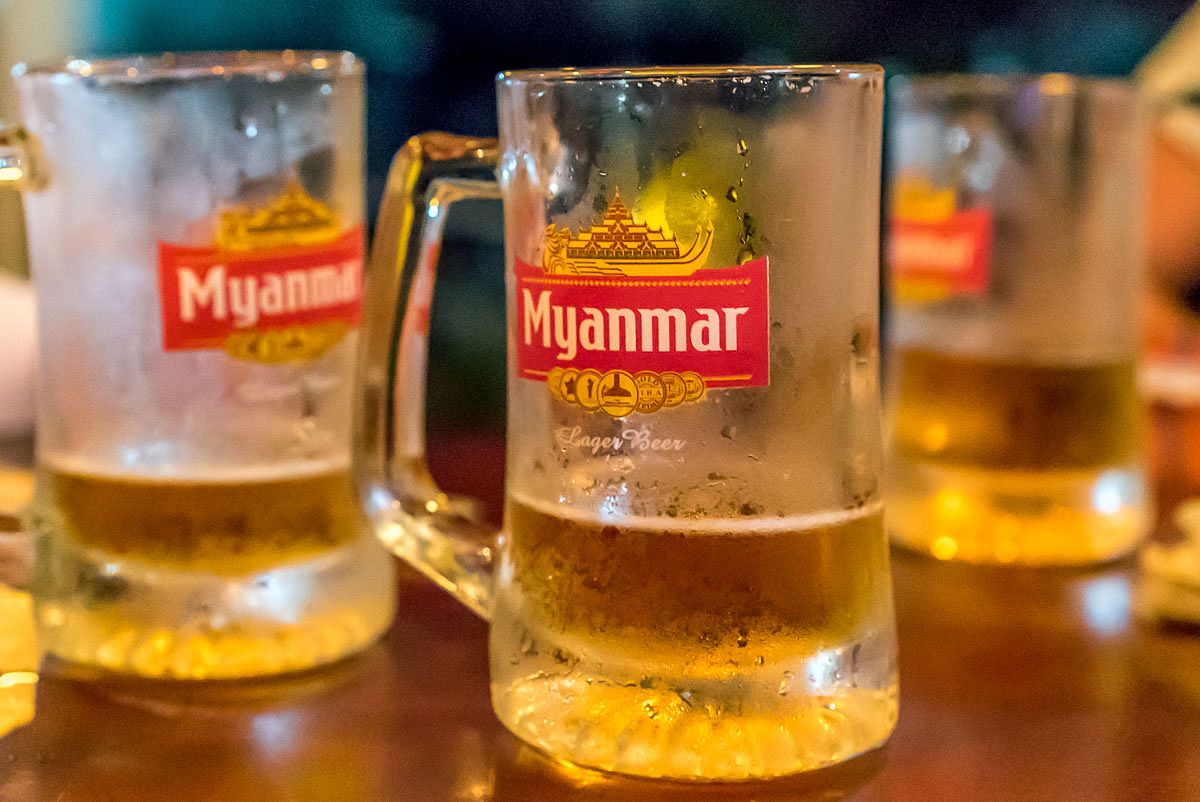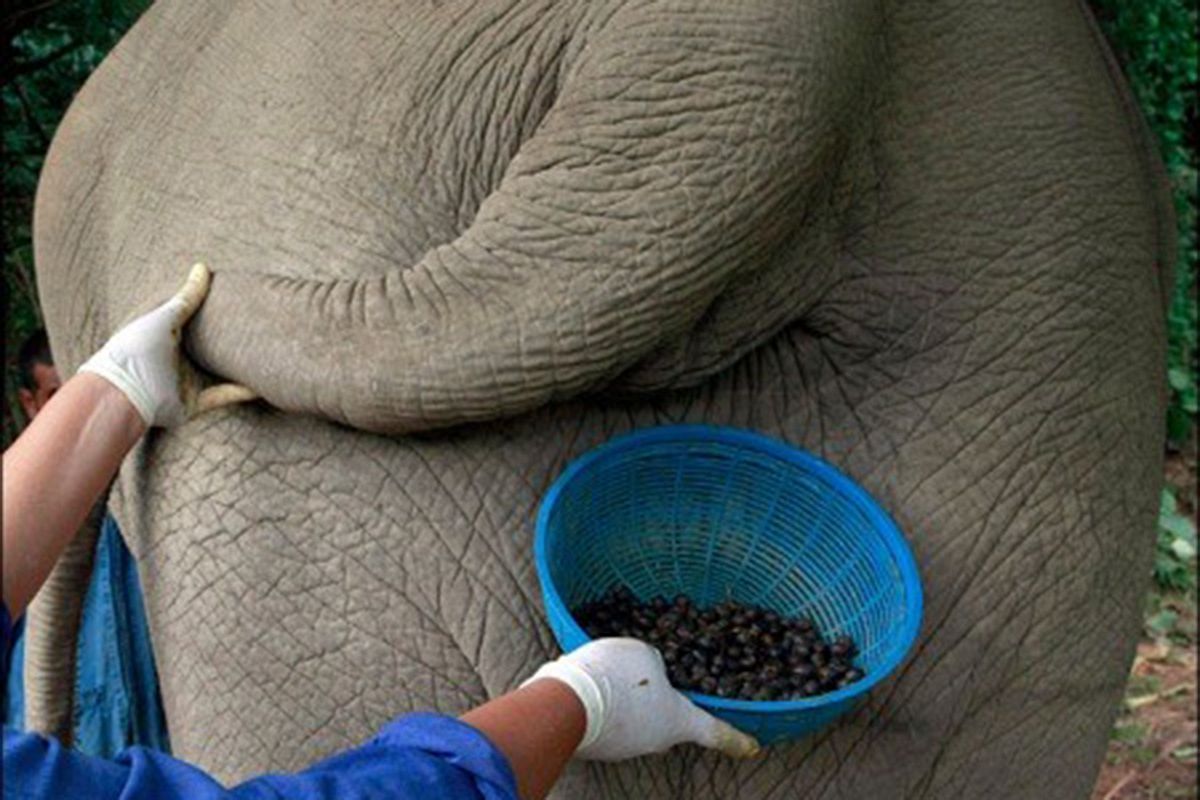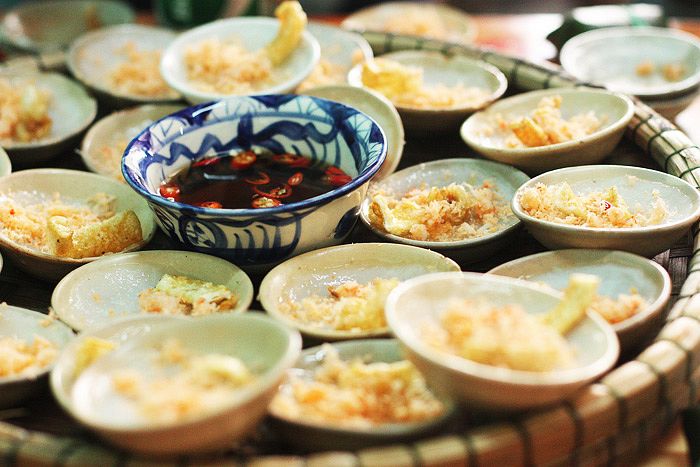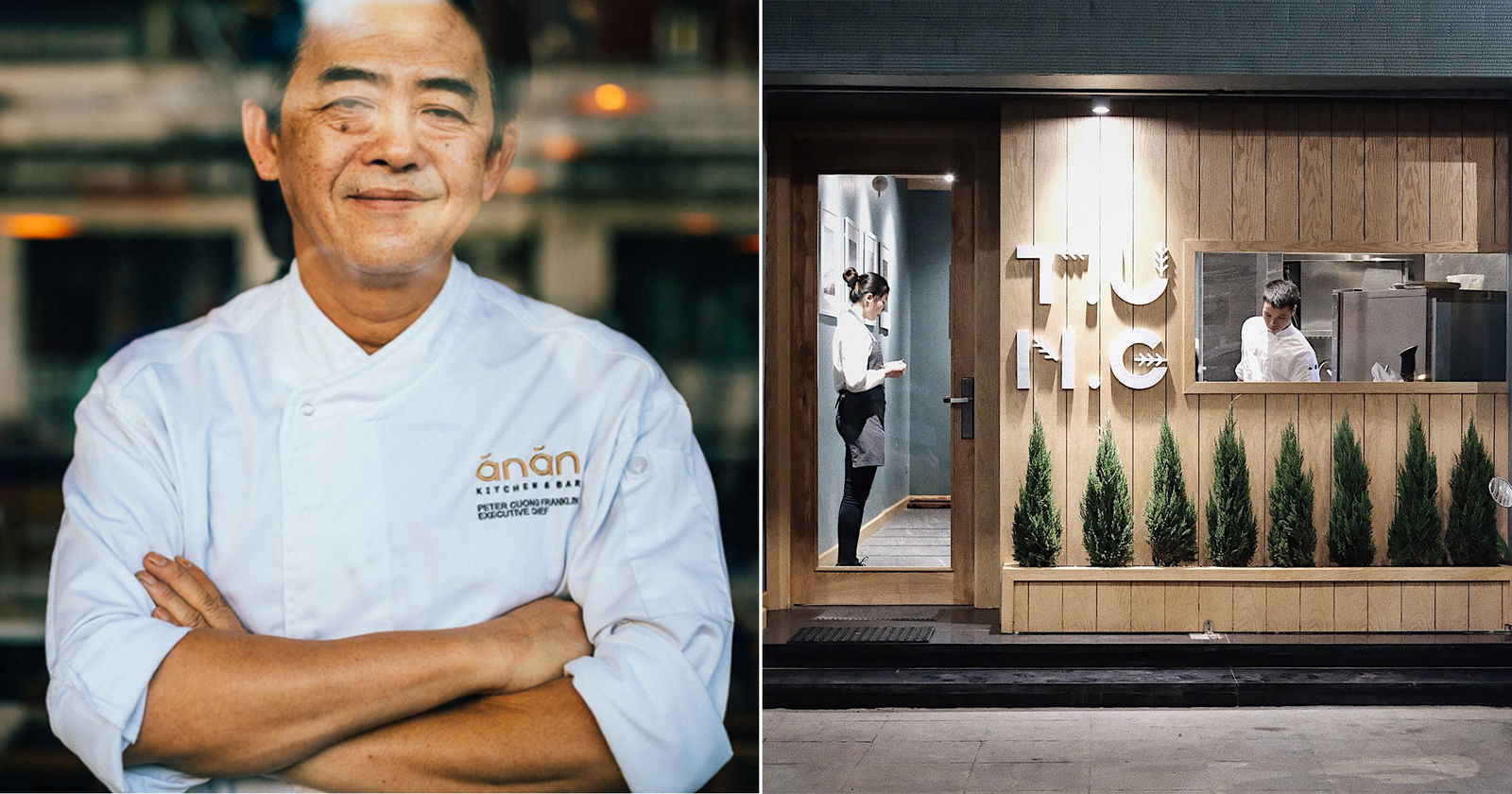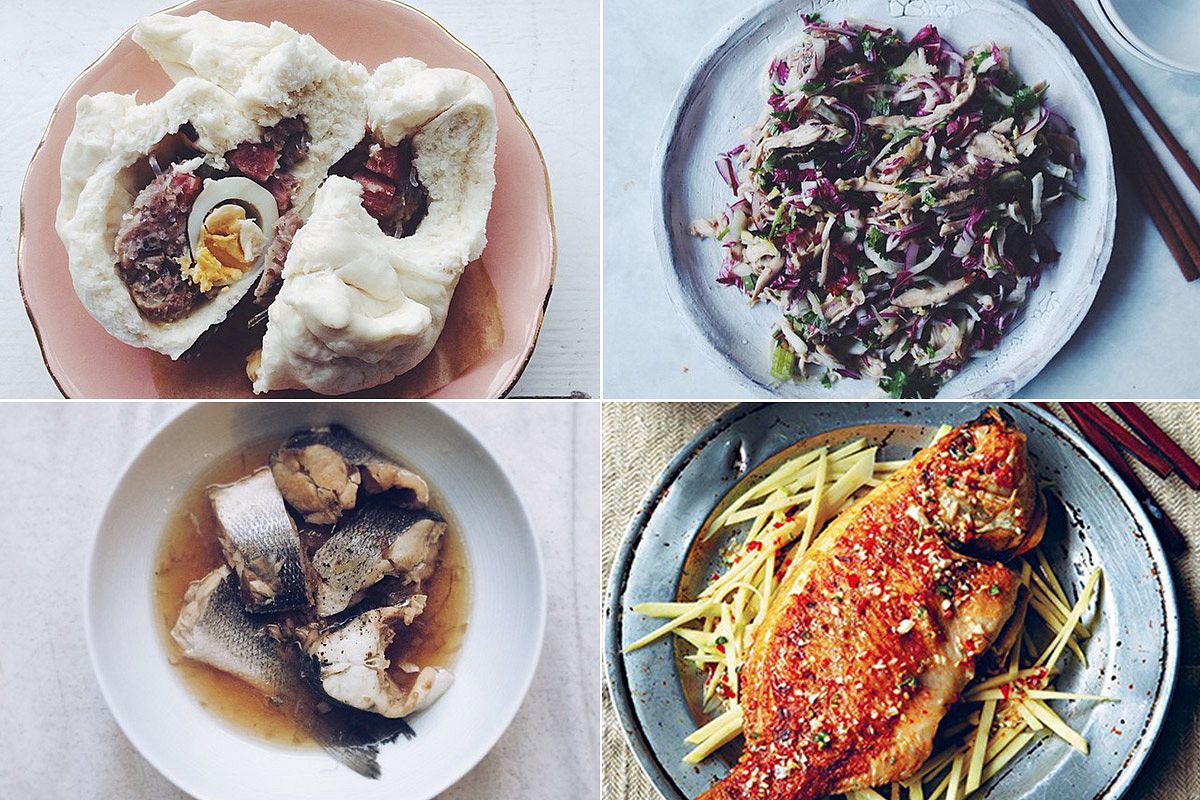After decades of being closed off to the world, Myanmar’s newfound economic boom is attracting a slew of foreign breweries hoping to cash in on the country’s nascent beer culture.
Japan’s Kirin Holdings and the Netherlands’ Heineken were among the first beer companies to arrive in Myanmar after the country began making various political reforms in 2011, reports Nikkei Asian Review.
Since then, the breweries have pulled no punches in their quest to dominate the market. After acquiring the local favorite Myanmar Brewery last year, Kirin is banking on its premium brands, such as the flagship Ichiban, to do well, while Heineken is eyeing an investment to expand its production this year.
Myanmar’s current economic situation seems to dovetail with the plans of the two beer giants as demand for a mug of foreign brew continues to rise in urban areas. The local market is predicted to more than double from its 2013 levels, reaching US$700 million by 2018, according to the news source.
However, in order to find success in the Southeast Asian nation’s market, Kirin and Heineken might have to take into consideration Myanmar’s unique cultural traits. Myanmar’s annual beer consumption of three to four liters per capita is nowhere near that of their neighbors Thailand and Vietnam, the region’s reigning champion in beer-drinking.
Moreover, Burmese culture holds a stigma against women and youth drinking alcohol, a result of the country’s heavy Buddhist influence. The way locals drink also differs from Kirin’s home market: Burmese tend to drink at eateries, which account for more than 80% of the country’s overall beer consumption, while Japanese prefer to enjoy their booze at home, making up approximately 70% of the beer sales.
At the end of the day, Kirin’s acquisition of Myanmar Brewery might just be the magic bullet it needs to come out on top. The local brewery currently holds a market share of 70-80% compared to Heineken and Denmark-based Carlsberg, both of which hold 10%.
[Photo via Overland Under Sea]

